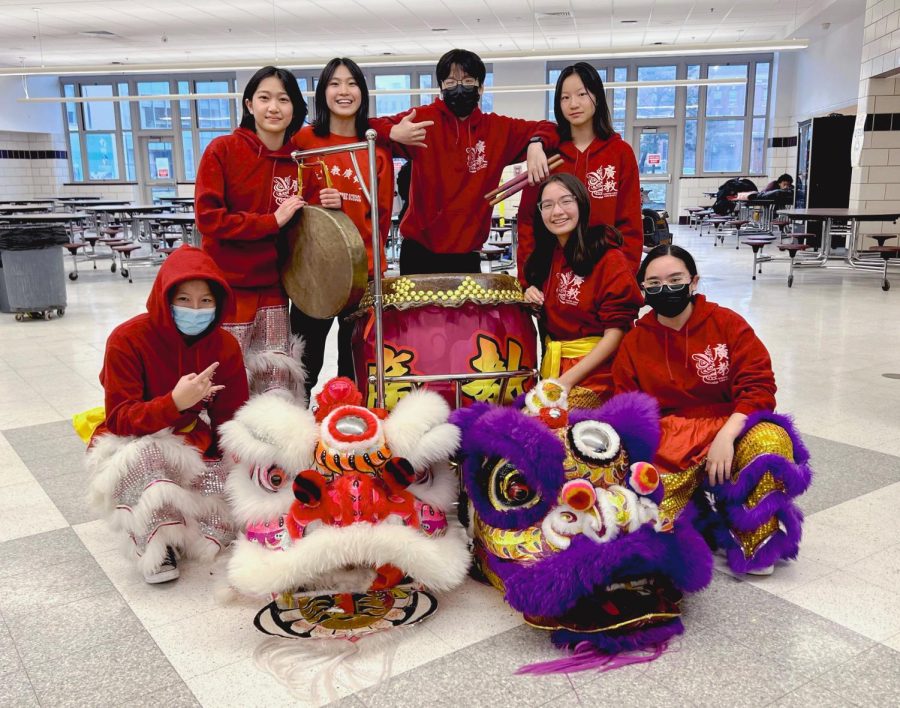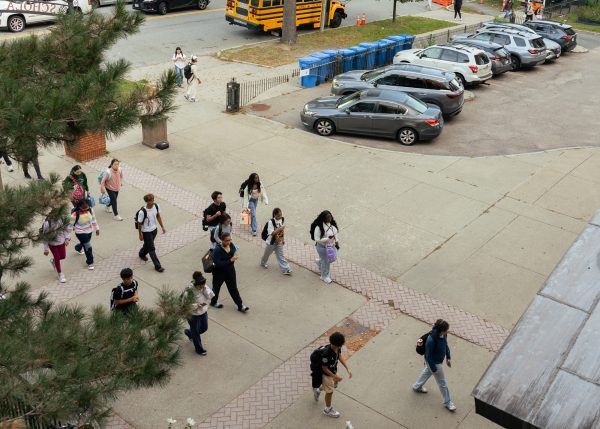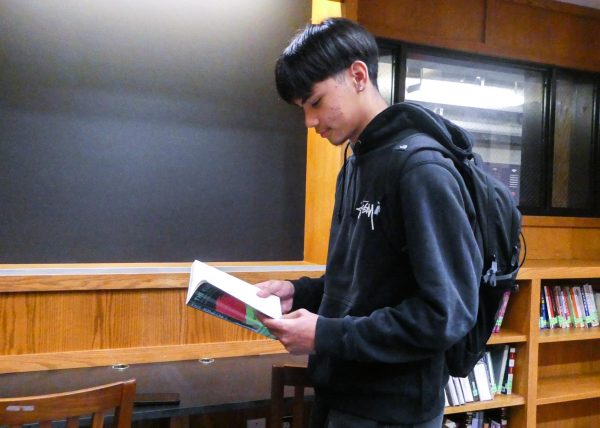A Holiday of All Work and No Play
The New Year is associated with relaxation, spending time with family and fresh beginnings. Boston grants everyone a week-long vacation to celebrate New Years with their loved ones and be free from school and work. So why don’t the many Asian American students who celebrate Lunar New Year get the same opportunity?
The lunar calendar and observance of the new lunar year originated in China a millennium ago and eventually spread to other Asian countries. It holds extreme cultural significance, not only for a third of Boston Latin School students, but also for one-third of the entire world.
Regarding the personal meaning of Lunar New Year, BLS Chinese teacher Ms. Nancy Yang expresses, “During Spring Festival, I usually see friends and we eat and chat. If I’m in China I visit my elders and relatives. […] It is the single most important holiday to Asian people.”
Lunar New Year is more than writing down some resolutions — it holds connotations of vanquishing evil, bad luck and poor habits; it eliminates uncleanliness and welcomes the arrival of new things. Instead of being swamped with make-up work and impending term finals, Asian students should be given the opportunity to relax and celebrate their culture.
Although Lunar New Year is currently a no-test day, and absences are excused for students who choose to stay home for festivities, many students still decide to attend school to avoid the consequences of missing a day. This setup inherently forces students to choose between their academics and their heritage.
Some argue that students can enjoy the New Year without missing school, but a day off is necessary to prepare for and celebrate the Lunar New Year in full.
Nha Truong (I), co-president of BLS Asian Students in Action, demonstrates how choosing to attend school can damage Asian students’ connection to their culture, saying, “On the day of Lunar New Year, we eat and make sure we spend a lot of time together, [but] kids that choose to go to school don’t get to have that. […] So they’re missing out on a big part of their culture, and I think trying to switch up that so it’s a holiday for everyone could help. […] It’s a nice way to preserve our culture in the U.S.”
Lunar New Year should become an official holiday so Asian students can properly celebrate their culture without perturbation. Many obstacles have prevented this from happening, exposing issues that cultural and religious minorities face in the Boston Public Schools system.
Turning Lunar New Year into a districtwide holiday, however, is a long and arduous process that requires many negotiations with several unions, planning and revisions to the district calendar. It can lead to disagreements on deciding which other holidays are also considered “important” enough. With all these factors, a no-test day has been the best compromise for the district so far.
At the root of these obstacles is a system that, for centuries, has accommodated holidays for people who identify with Christian or Eurocentric culture. It is inconsiderate and frustrating for minority groups because advocating for days off is simply not feasible.
Assistant Head of School Mr. Steven Chen explains, “[Christians and Europeans] were the dominant culture when all of these rules were made. You kind of get grandfathered into a system that you inherited. It’s been ingrained in you since you’ve been in school, whereas Lunar New Year is a brand new way of thinking about this. […] You have to navigate the cultural inertia of what you’ve adopted and what you’ve inherited. […] It’s something that students who are often in the cultural minority, that is something that they kind of have to navigate […] and it’s hard.”
With these issues having been neglected for such a tremendous amount of time, progress feels unattainable. Seemingly at a dead end, it is easy to become discouraged, but still, it is important for students to continue to voice their opinions.
Mr. Chen agrees, “There’s not no hope for this. […] You’re asking the right questions, you’re probing the right issues. […] It’s just not as simple as, ‘we should just get Lunar New Year off.’ If it was that simple we would’ve already done it.”
Students are strongly encouraged to take a day off for Lunar New Year in future years. It may not seem like much, but it demonstrates how important the holiday is to students — a necessary step toward it eventually becoming a districtwide holiday. With small, accumulating steps, this end goal is by no means impossible.







